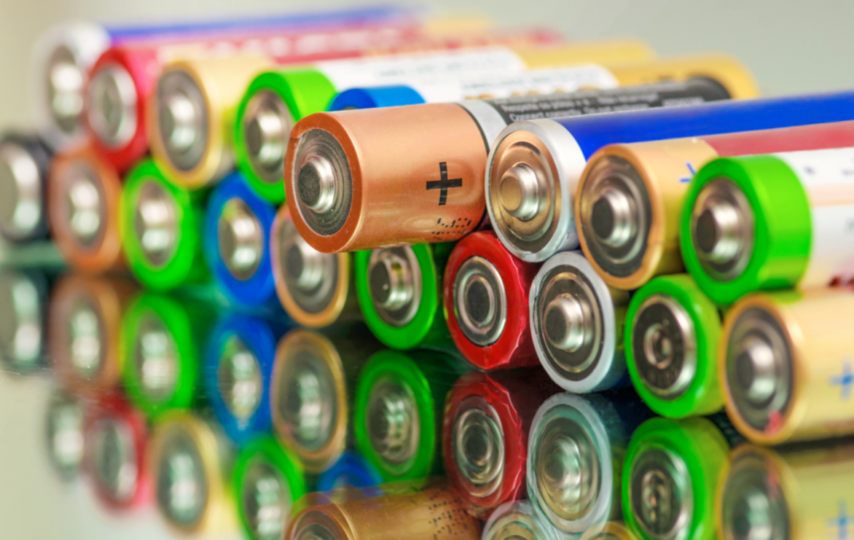1.Can lithium ion batteries be series and parallel?
Yes, lithium-ion batteries can be connected in both series and parallel. However, it is important to follow proper safety precautions when doing so. When connecting batteries in series, the positive terminal of one battery is connected to the negative terminal of another battery. The voltage of the batteries adds up, while the capacity remains the same.
When connecting batteries in parallel, the positive terminals are connected together and the negative terminals are connected together. This increases the overall capacity of the battery bank while keeping the voltage constant.
It is important to note that when connecting lithium-ion batteries in either configuration, they should have similar capacities and be from the same manufacturer to prevent imbalances that could lead to overheating or even fire. Additionally, proper fusing and balancing circuits should be used for safety reasons.
2.What should we pay attention to when connecting in series and parallel?
When connecting batteries in series, it’s important to ensure that they have the same voltage and capacity. If not, the battery with the lower voltage or capacity will discharge more quickly than the others, leading to an imbalance in the system. Another thing to consider is that when batteries are connected in series, their voltages add up, which can result in a higher overall voltage than what your device is designed for. This can cause damage to your device or even be dangerous.
When connecting batteries in parallel, make sure that they have similar capacities and states of charge. If not, one battery may end up charging or discharging faster than the others, leading to an imbalance and reduced performance. Additionally, when connecting batteries in parallel, their capacities add up but their voltages remain the same. This means that if one battery has a significantly lower voltage than the others, it may end up being charged by the others instead of contributing its own power.
Overall, whether you’re connecting batteries in series or parallel (or both), paying attention to these factors can help ensure optimal performance and prevent damage or safety hazards.
3. How to understand, for 12V batteries, support 4 series and 4 parallel strings up? but a 48V battery can only be parallel?
When it comes to connecting batteries, it is important to understand the voltage and capacity requirements. A 12V battery can support four series and four parallel strings because each battery has a lower voltage rating, making it easier to connect them in series. However, when looking at a 48V battery, usually it is designed for home energy storage use, it will work with our on/off grid inverter, and it usually is 48V, so most of brands designed their 48V Lithium battery Not in series, only in parallel。
In a parallel connection, the voltage remains the same while the capacity increases. However, in a series connection, the voltage increases while the capacity stays the same. When connecting multiple batteries in a series configuration, there is an inherent risk of overloading one particular cell within that configuration which could cause damage or even result in fire hazards.
Therefore, for higher voltages such as 48V systems or above, parallel connections are preferred as they provide greater stability and safety compared to series connections. It is important for individuals working with these types of batteries to ensure proper precautions are taken during installation and maintenance to prevent any potential risks from occurring.
4. When scrolling the screws, why it’s so important to tighten the screws? why it will influence internal resistance and SOC?
When scrolling the screws, it is essential to tighten them properly because they play a critical role in maintaining the structural integrity of the battery. If the screws are not tightened correctly, there’s a higher chance that the internal resistance of the battery will increase. This happens because loose screws cause imperfect contact between cells and terminals, leading to the increased internal resistance of cells within the battery pack.
Furthermore, if screws are not tightened adequately, it can lead to an imbalance in the State of Charge (SOC) among individual cells within a lithium-ion battery pack. SOC refers to how much energy each cell has stored at any given time; when one cell has more or less than another cell, that creates an imbalance in SOC. An imbalanced SOC will reduce your battery’s lifespan and overall performance as well as pose safety risks such as overheating or short-circuiting.
In conclusion, when you’re scrolling through your lithium-ion batteries’ screws, remember that proper tightening is crucial for optimal performance and longevity. Not doing so could lead to increased internal resistance and imbalanced SOC levels which will ultimately damage your device or equipment while posing potential safety risks.
5. Why balance BMS is so important for daily use?
A balanced Battery Management System (BMS) is essential for dairy use as it ensures that all the cells in the battery are working at their optimal level, thus extending the battery’s lifespan. In an industrial setting such as a dairy farm where the equipment runs 24/7, any downtime can result in significant losses. Therefore, having a BMS that monitors and balances each cell’s voltage level prevents overcharging or undercharging of individual cells.
In addition to extending battery life, a well-balanced BMS also improves safety by avoiding overheating or thermal runaway caused by an imbalanced cell. This is particularly important in lithium-ion batteries commonly used in dairy farms since they can pose a fire hazard if not properly managed. A balanced BMS ensures that each cell receives the same amount of charge and discharge, preventing potential risks.
In conclusion, implementing a balance BMS system for lithium-ion batteries used in dairy farms is crucial due to its impact on both performance and safety. It guarantees the smooth operation of equipment without downtime due to battery failure while also reducing the risk of hazardous incidents resulting from imbalanced cells.
6. Why JLB-12V Series battery can give us a good choice for a 12V battery?
JLB-12V Series battery is an excellent choice for 12V battery because of its superior features manufactured by Professional lithium manufacturer Justlihtium. The JLB-12V series battery is a lithium-ion phosphate (LiFePO4) battery that provides high energy density, safety, and long lifespan. It has a high discharge rate, which means it can provide more power in less time.
Moreover, the JLB-12V series battery is lightweight and compact in size, making it easy to carry and install. It also has a low self-discharge rate, which means it can retain its charge for longer periods without being used frequently. This feature makes it ideal for backup power applications such as solar power systems or electric vehicles.
Additionally, the JLB-12V series battery has a built-in Battery Management System (BMS) that protects against overcharging, over-discharging, short-circuiting, and overheating. The BMS ensures the safe operation of the battery while optimizing its performance and extending its lifespan. In conclusion, the JLB-12V series battery is an excellent choice for 12V batteries due to its high energy density, safety features, long-lasting performance capabilities combined with easy installation options making them perfect for various applications from automotive to marine industries alike.








